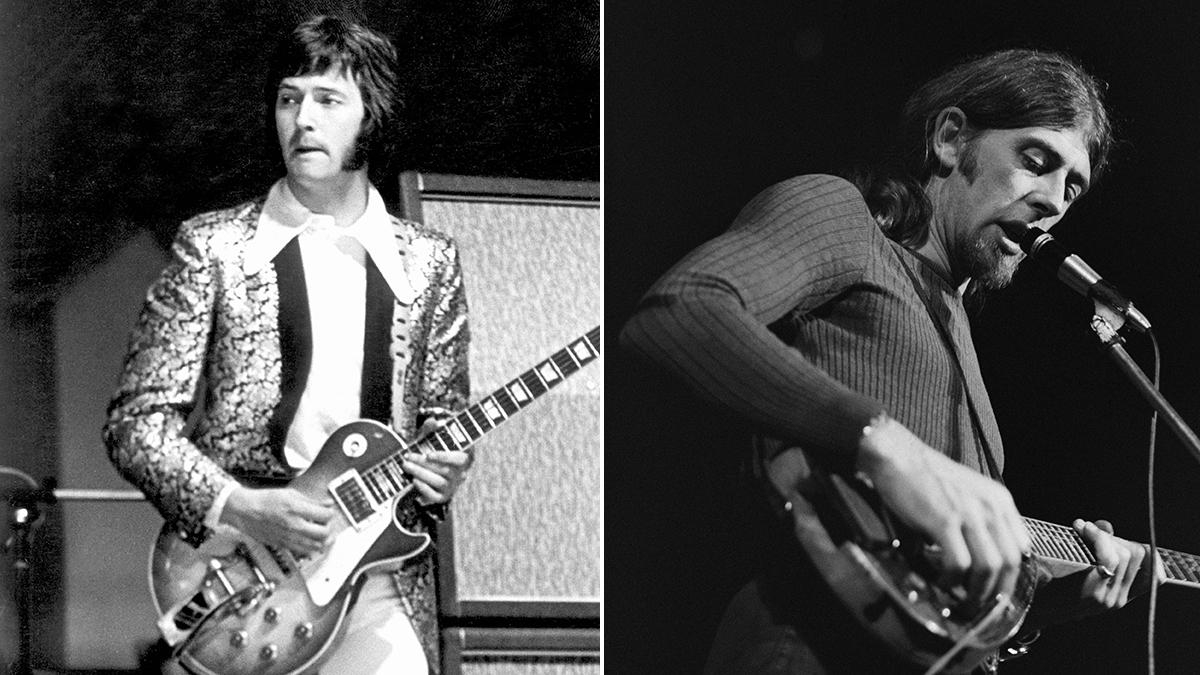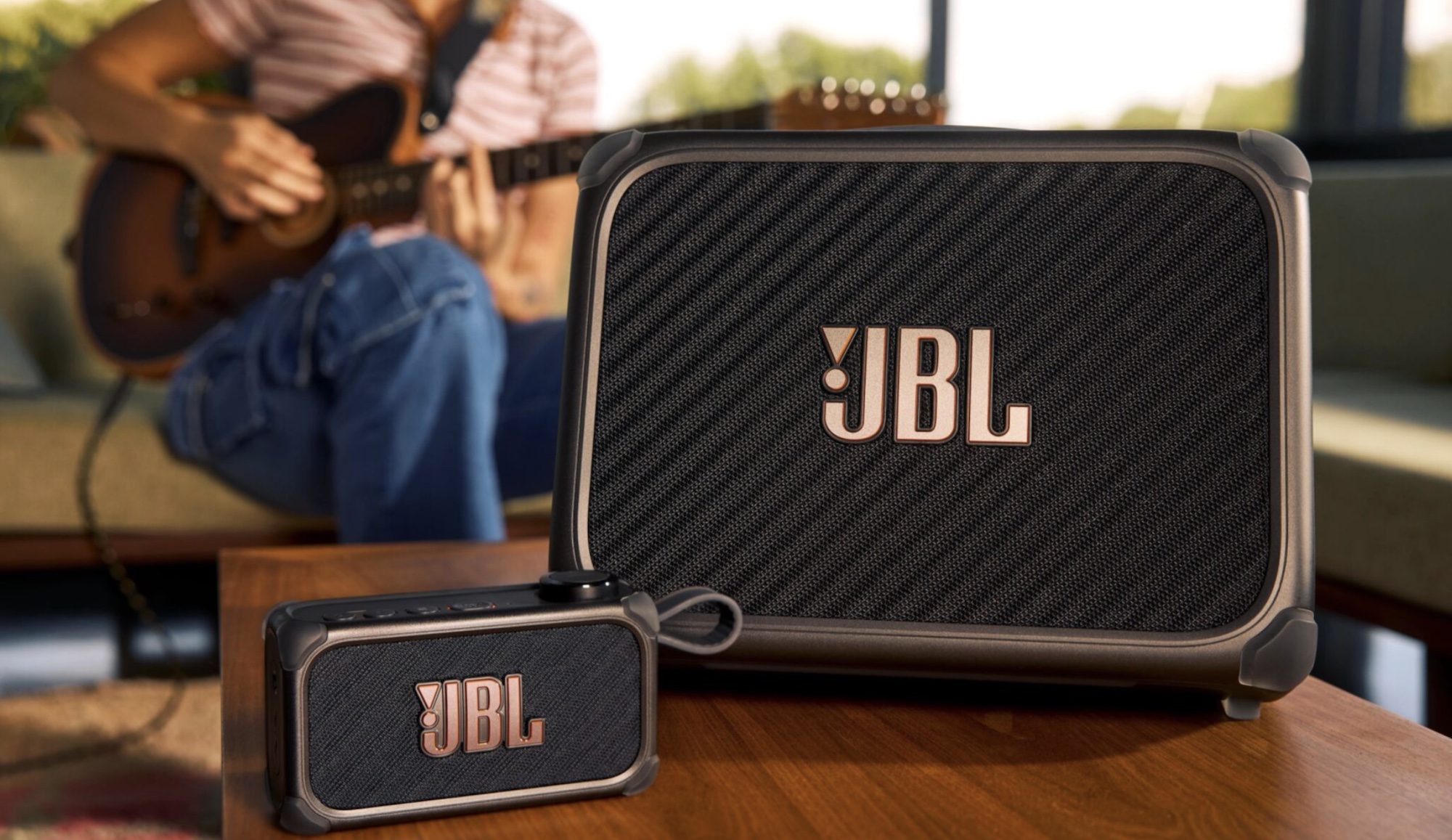“Thank you for rescuing me when I decided that I was going to quit music”: Eric Clapton pays emotional tribute to his Bluesbreaker bandmate and blues mentor John Mayall

Eric Clapton has paid an emotional tribute to his former Bluesbreaker bandmate John Mayall, who passed away earlier this week at the age of 90.
Mayall and Clapton formed one of the most potent and influential electric guitar forces in British blues during the ’60s, when the two teamed up under Mayall’s burgeoning Bluesbreakers collective.
After starting the group in 1963, Mayall recruited Clapton – who, at the time, had just left the Yardbirds, and was on the verge of quitting music altogether – a few years later, and the pair went on to record 1966’s Blues Breakers: John Mayall with Eric Clapton (aka The Beano Album).
The record is considered a classic, and helped to establish a young, disillusioned Clapton as a blues force to be reckoned with, and earmarked Slowhand as an up-and-coming guitar player destined for greatness.
The Bluesbreakers platform helped reinvigorate and catapult Clapton’s career following his Yardbirds departure, so it’s no exaggeration to say Mayall proved to be one of the most influential people in Slowhand’s life.
Such sentiments are reflected in Clapton’s video tribute, in which he thanked his “mentor” for “rescuing me from oblivion” at a time when he was close to quitting his guitar career.
“I want to say a few words about my friend John,” Clapton begins. “I want to say thank you, chiefly for rescuing me from oblivion and God knows what when I was a young man around the age of 18, 19 when I decided that I was going to quit music.”
All the latest guitar news, interviews, lessons, reviews, deals and more, direct to your inbox!
“He found me and took me into his home and asked me to join his band,” he continues, “and I stayed with him and I learned all that I really have to draw on today in terms of technique and desire to play the kind of music I love to play.
“I did all my research in his home in his record collection for the Chicago blues that he was such an expert on, and I played with his band for a couple of years.
“It was a fantastic experience. He taught me that it was okay just to play the music you wanted to play without dressing it up or making anybody else like it. He was my mentor and a surrogate father, too.
“He taught me all I really know and gave me the courage and enthusiasm to express myself without fear or without limit. I shall miss him, but I hope to see him on the other side. So, thank you, John. I love you and I'll see you soon, but not yet. God bless you.”
Clapton and Mayall are one of the most recognizable duos in British blues music. In his last interview with Guitar World, Mayall himself reflected on the pair's partnership, saying, “He didn’t approach me, I had to dig him out.
“He was so disenchanted with the whole scene right after he left the Yardbirds. I had to talk with him and convince him that what I was doing was more genuine.
“I would give credit to the remarkable difference Eric Clapton made to my band’s sound. He really was the first to understand what the blues was all about.”

Matt is the GuitarWorld.com News Editor, and has been writing and editing for the site for five years. He has a Masters in the guitar, a degree in history, and has spent the last 19 years playing everything from blues and jazz to indie and pop. During his GW career, he’s interviewed Peter Frampton, Zakk Wylde, Tosin Abasi, Matteo Mancuso and more, and has profiled the CEOs of Guitar Center and Fender.
When he’s not combining his passion for writing and music during his day job, Matt performs with indie rock duo Esme Emerson, and has previously opened for the likes of Ed Sheeran, Keane, Japanese House and Good Neighbours.
